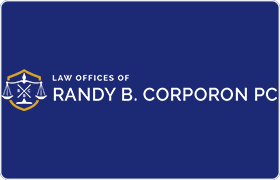Aurora Misdemeanor Lawyer, Colorado
Sponsored Law Firm
-
 x
x

Click For More Info:
-
Law Offices of Randy B. Corporon PC
2821 S. Parker Road Suite 555 Aurora, CO 80014» view mapCriminal Clients First, Excellence Always!
You owe it to yourself and your loved ones to be represented by an experienced, high-quality attorney, with a track record of proven success.
800-976-8531
FREE CONSULTATION
CONTACTFREE CONSULTATION
CONTACTAllan Kroll
Criminal, Real Estate, Lawsuit & Dispute, Misdemeanor
Status: In Good Standing Licensed: 44 Years
Guy Matthew Heyl
Lawsuit & Dispute, Estate, Misdemeanor, Criminal
Status: In Good Standing Licensed: 50 Years
John Buckley
Criminal, DUI-DWI, Felony, Misdemeanor, Traffic
Status: In Good Standing Licensed: 19 Years
FREE CONSULTATION
CONTACTBerkley Rasband
Criminal, Felony, Alcoholic Beverages, Business Organization, Misdemeanor
Status: In Good Standing Licensed: 49 Years
 Randy Corporon Aurora, CO
Randy Corporon Aurora, CO
